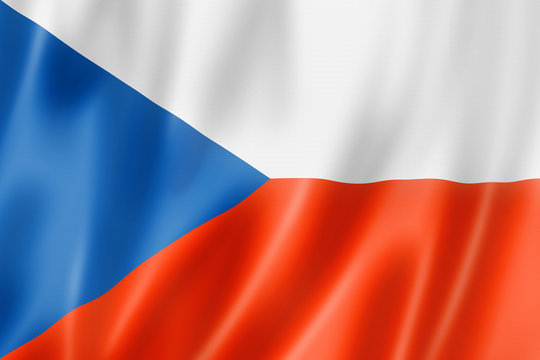SHI in Bulgaria is mandatory, and it is managed by just one body called the National Health Insurance Fund. Health insurance through the employer matters more than voluntary health insurance. Laws guarantee universal health coverage, but between 11% and 12% of people are without health insurance.

Health expenditure now stands at 8.6% of GDP, the same as the European average by the World Health Organisation (WHO), for the first time. Even so, the typical person’s health care spending in 2021 was US$ PPP 2391, with 65.0% provided by the government (out of which SHI and tax contributions were the main sources). In Bulgaria, people pay for health care out of pocket, which makes up 34% of total healthcare spending, almost twice the EU average. OOP expenses happen mainly because people pay a portion for statutory services and the full cost for health care and medicines.
Due to its low living costs, beautiful areas and closeness to Europe, more people are choosing Bulgaria as their new home.
Although its doctors and nurses are among the best trained, the country’s hospitals and other medical facilities are not built to a high standard because of a lack of funding and infrastructure. There are numerous private practices, yet a lot of practitioners prefer the bigger earnings that come with private jobs.
Bulgarian national health insurance contributions are a requirement for employees from the country and abroad.
In the main cities, most medical staff speak English, but that is not the case in Bulgaria’s rural areas.
Are you planning to live in another country
Before travelling to a different country, make certain you have good health insurance. The international health plans provide complete coverage for your medical needs both locally and when you travel.
Healthcare services provided by the government in Bulgaria
Bulgaria’s healthcare system is limited by poor structures, not medical staff, and not enough funding. Most people who move to another country usually choose private centres for their dependable and advanced care.
Residents of the EU and EEA can be happy, as their European Health Insurance Card (EHIC) allows them to get free medical treatment at Bulgarian public hospitals that are part of the NHIF scheme. Digital cards are offered as mobile apps that store the details of everyone.
Expats have to contribute to the national healthcare program to be able to use its services. In order to participate in the health insurance scheme, expats should register with the NHIF and pick their own GP and dentist.
Most health workers in the public sector are signed up with the NHIF. Those who move to Thailand can expect a small fee for outpatient visits, whereas inpatient costs are free. Although the NHIF covers most Kenyans, expats will usually have to cover the total cost for dental care.
Private healthcare system in Bulgaria
Private hospitals offer superior care and better facilities than those provided by the public healthcare system.
Because medical care is affordable in Bulgaria, it has turned into a popular place for people from neighbouring countries seeking medical treatment. Most people choose to have cosmetic and dental procedures done. Since most doctors at private hospitals speak two languages, patients should find it easy to communicate in English.
Even though private healthcare is cheaper than in some nearby countries, it can become quite expensive for patients in Belgium. That’s why those living abroad should consider buying good international health insurance for their years in the United States.
Pharmacies and the use of medicines in Bulgaria
In Bulgaria, pharmacies are governed and managed by capable pharmacists. In cities, pharmacies are easy to locate, and a lot of hospitals have their own pharmacies. Several of the biggest cities in the country have pharmacies that are open all day and night.
The rules for giving out medical prescriptions in Bulgaria are usually not as strict as in other countries. At the same time, some expats discover that over-the-counter drugs they buy at home require a prescription in Bulgaria.
The generic names for any ongoing or prescription medicine are helpful since their brand names can change from one country to another.
Services that handle emergencies in Bulgaria
Under NHIF, any urgent care due to serious health problems is covered, and emergency rooms must provide treatment to every person. If the situation is not dangerous to life, expats have to pay for using an ambulance and receiving treatment. Emergency response is getting better in Bulgaria each year, so expats may need to have their emergency transport at hand, depending on where they live.
Those who have a hard time speaking or reading Cyrillic might not be able to communicate easily in an emergency, so they can call 112 and ask for help in English.
You can also view these;
Preparing for the immigration interview in Sweden
Preparing for the immigration interview in Croatia
Cost of living in Serbia

